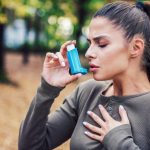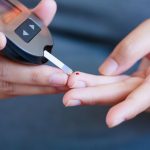
Widespread and easy access to guns is the reason behind the shockingly high rate of firearm deaths in the United States, and not any rise in mental health problems suffered by perpetrators, a new study shows. The United States has the same burden of mental health disorders as 40 other countries with comparable populations, researchers reported recently in the journal PLOS One. However, the U.S. rate of death by firearms is 20 times greater than those other countries, results show. “We have the same degree of mental health issues as other countries, but our firearm death rate is far greater and continuing to increase,” said lead investigator Dr. Archie Bleyer, a clinical research professor with Oregon Health & Science University. “In most of the countries, firearms deaths are decreasing.” Polling has shown that most of the public believes that mental health disorders are to blame for the high U.S. firearm death rate, Bleyer said. But the latest findings indicate that firearm availability is the true cause of America’s gun death epidemic, Bleyer said. For the study, researchers compared the United States to 40 other countries with similar demographics between 2000 and 2019 using data drawn from the Institute for Health Metrics and Evaluation Global Health Burden. The research team looked specifically at firearm deaths and the burden of mental health issues in the countries. Since… read on > read on >
























-300x200.jpg)













